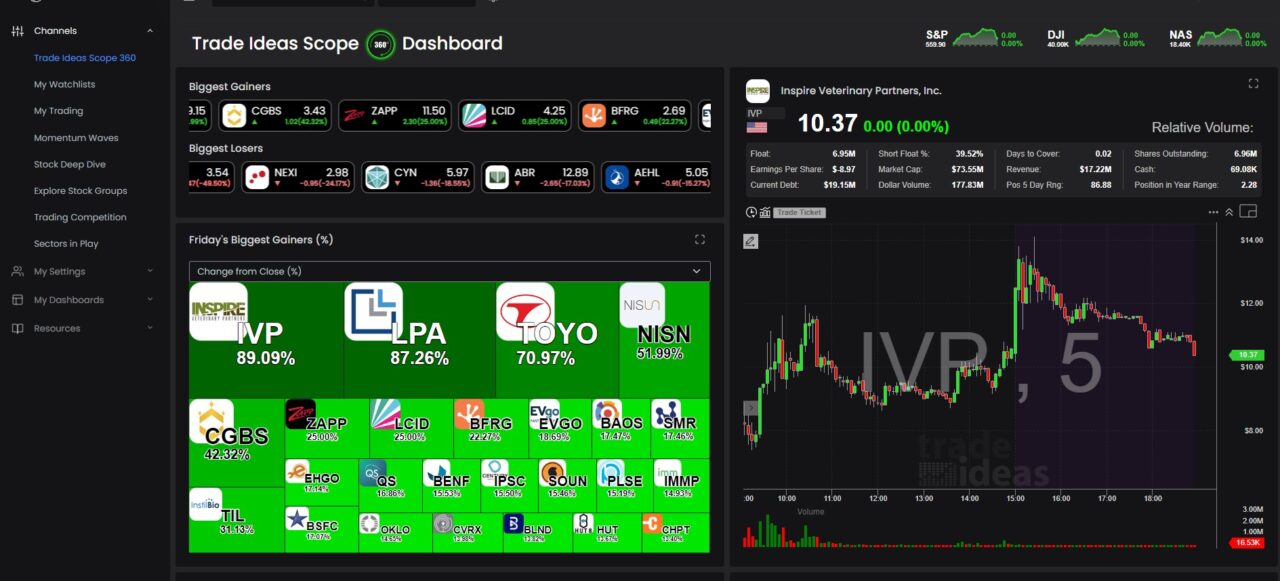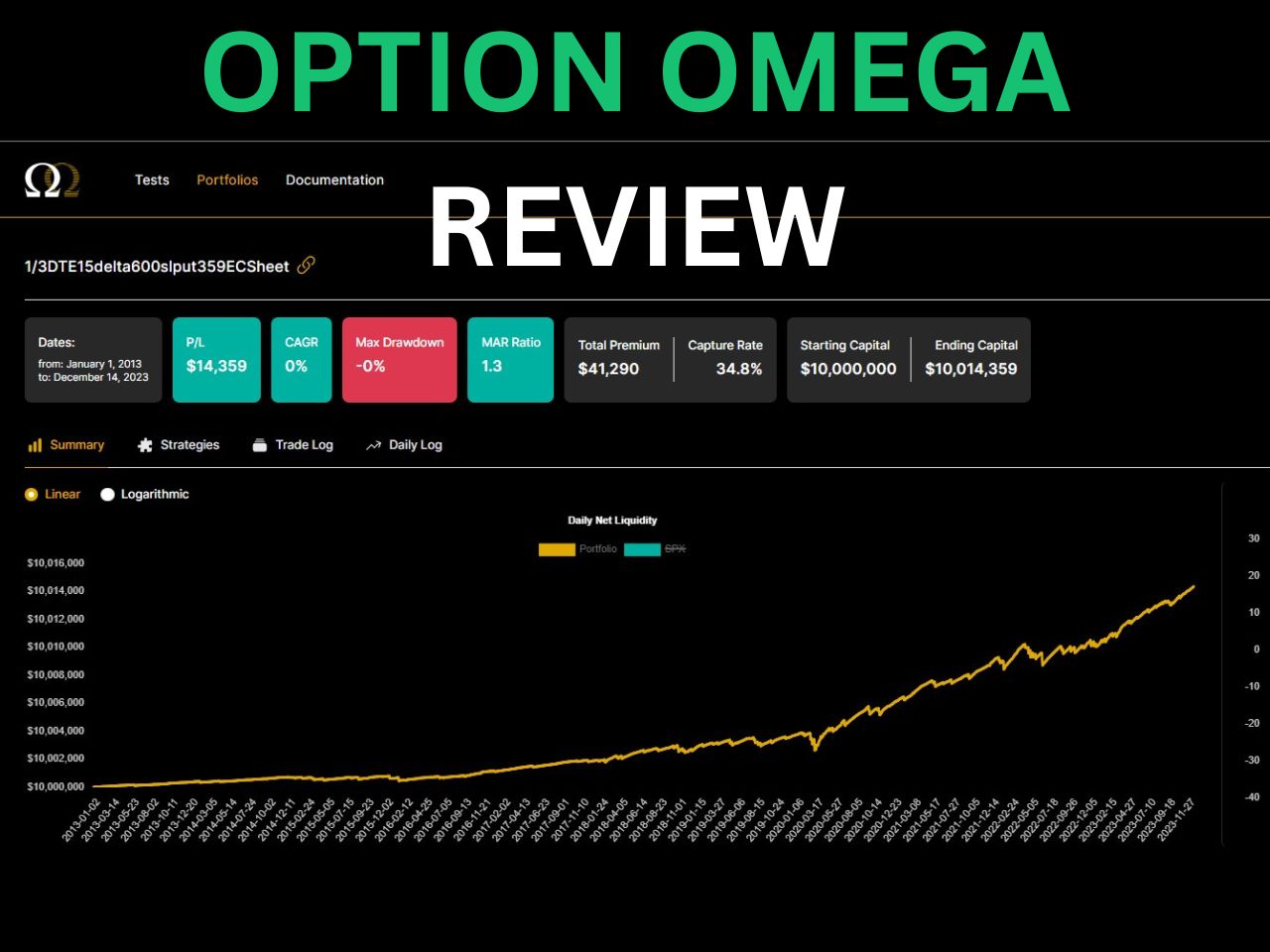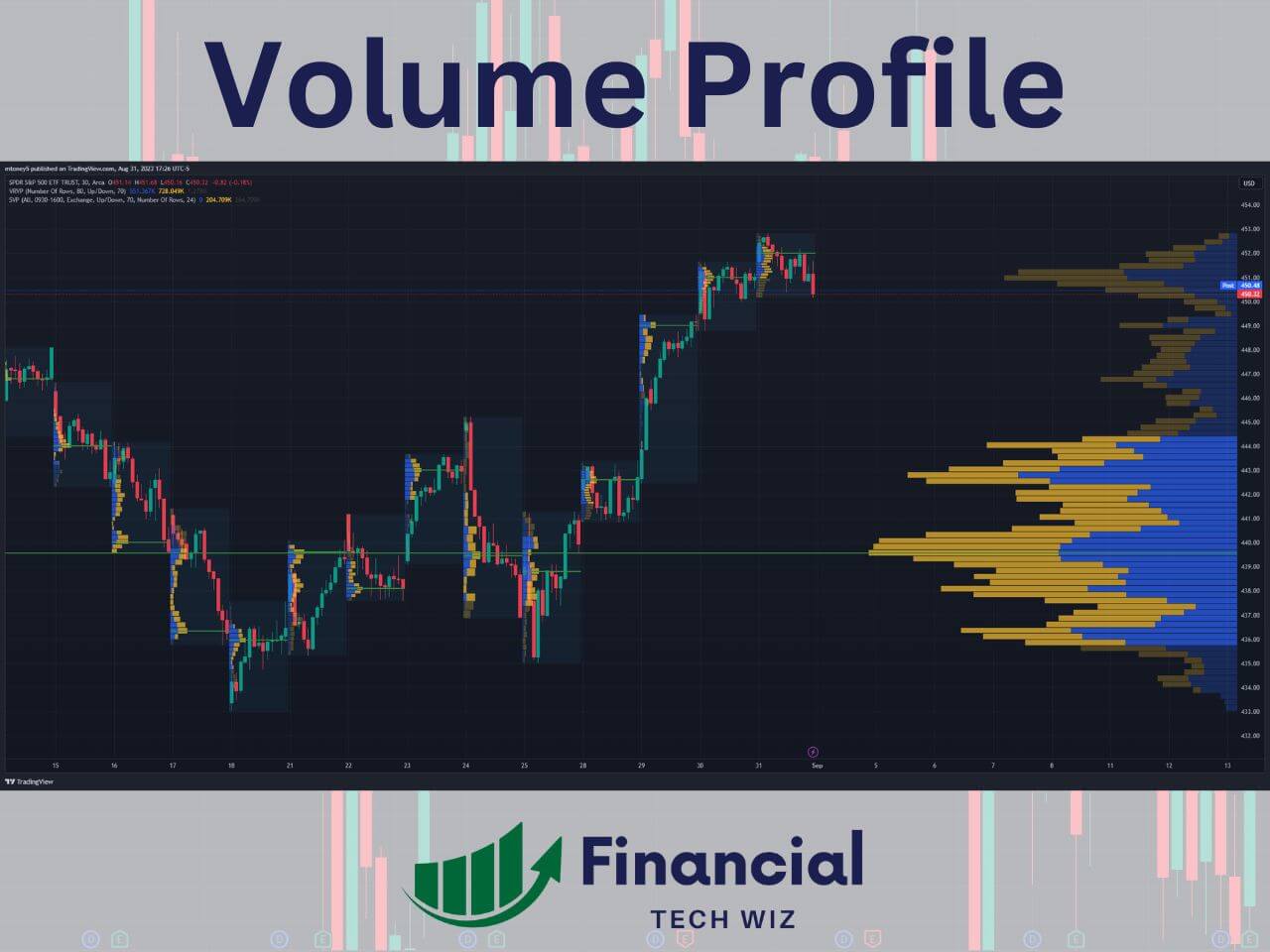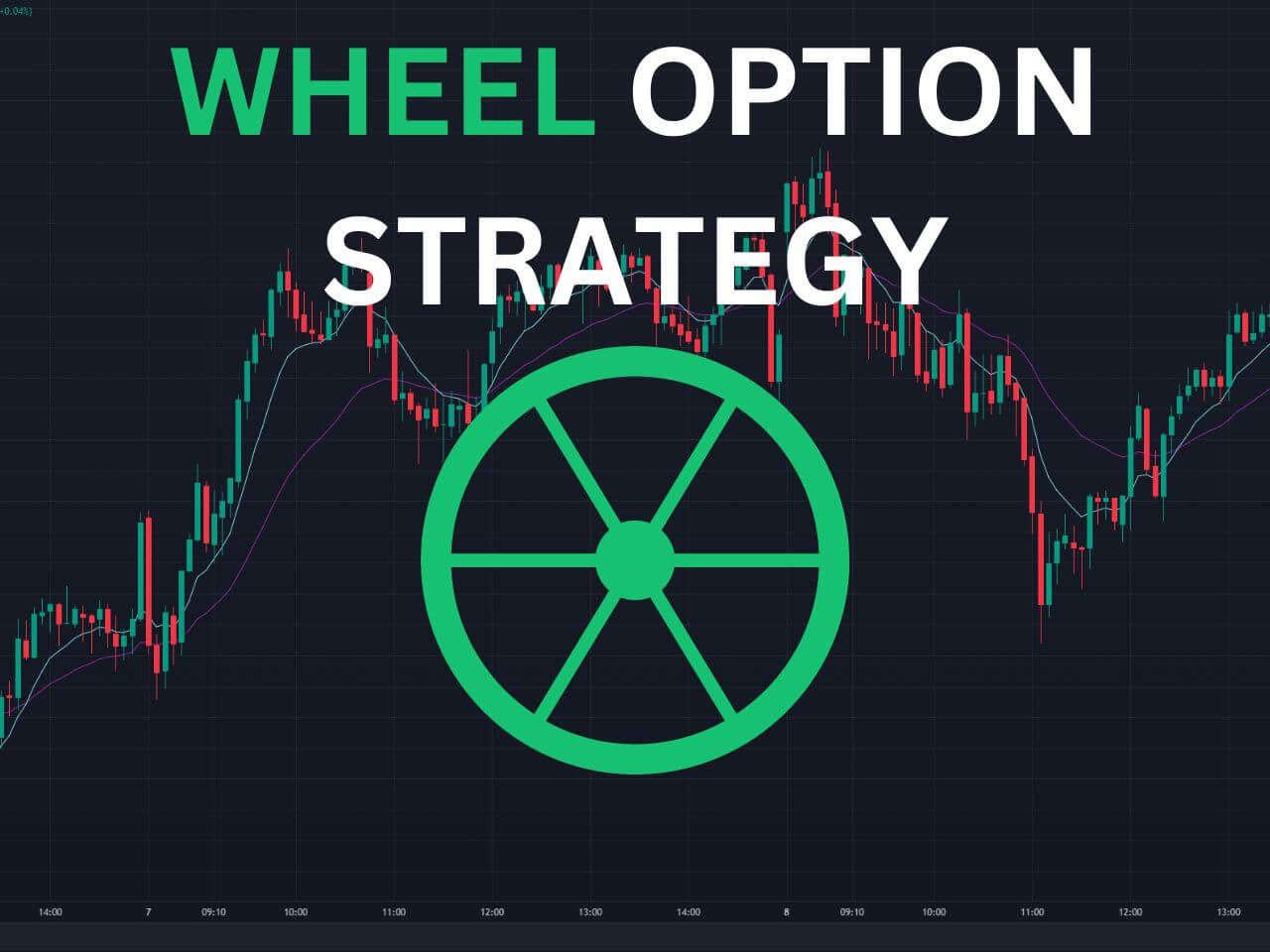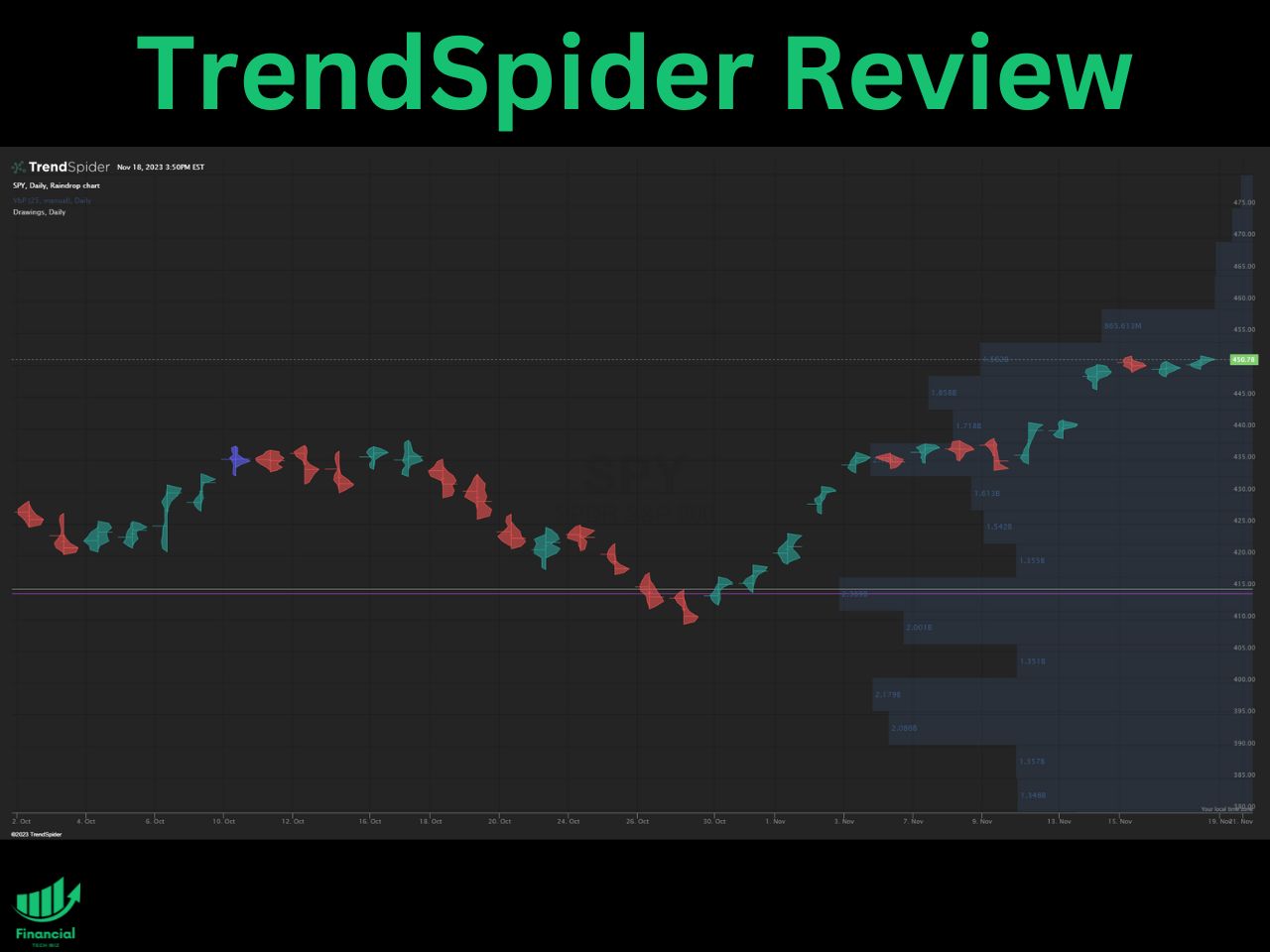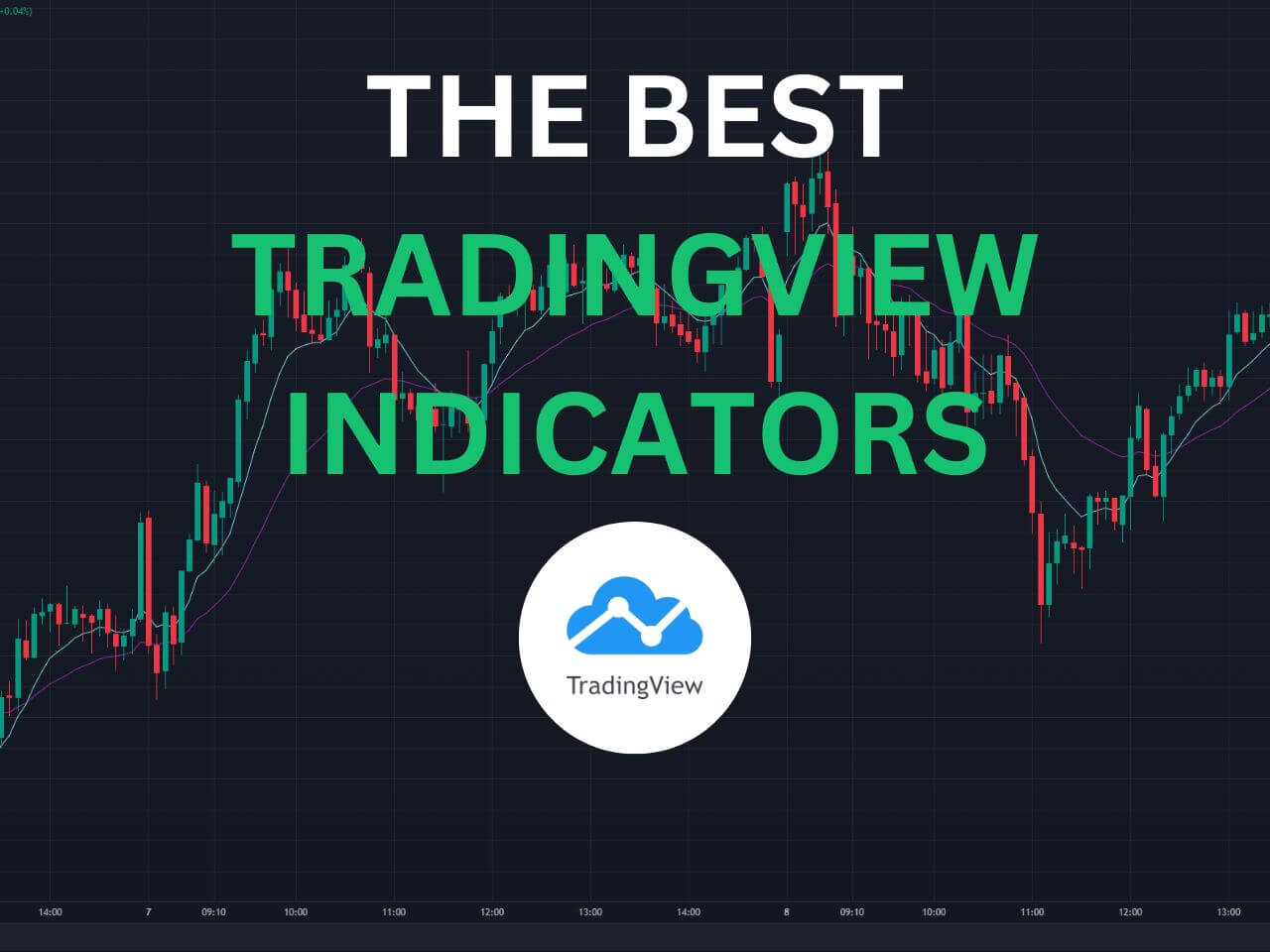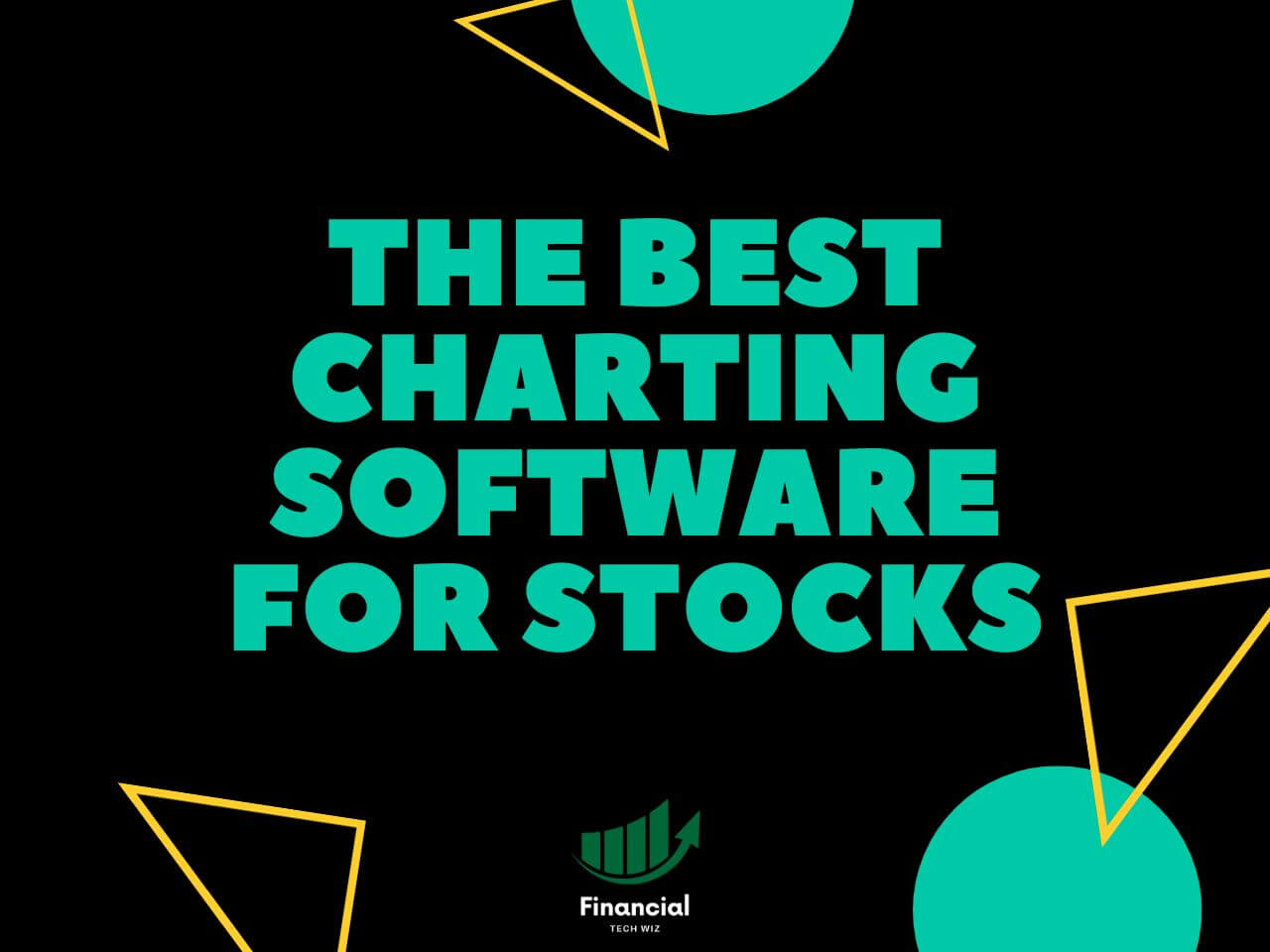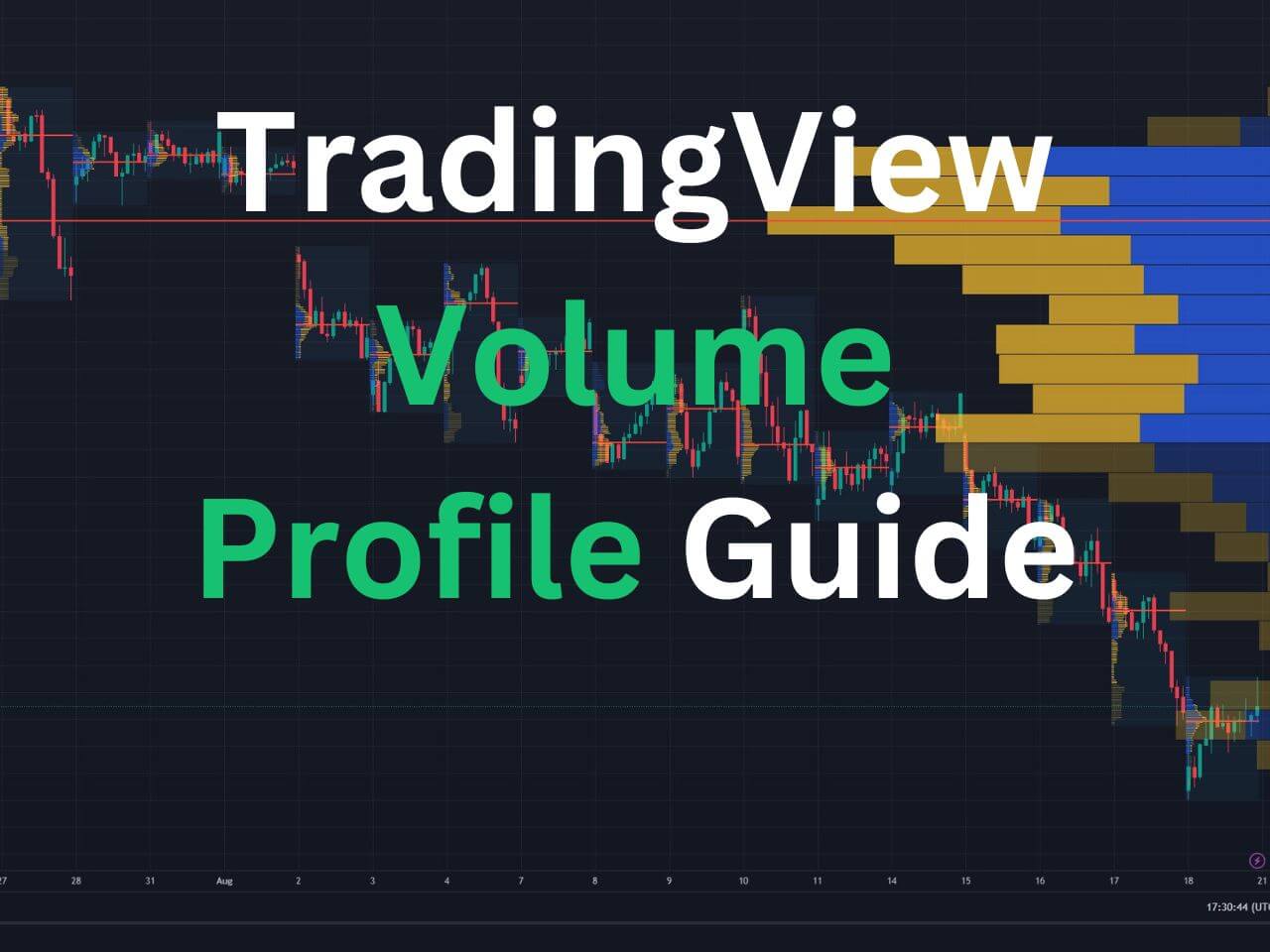If you trade options, then you probably understand why options are better than stocks.
Stocks vs. Options
When you purchase shares of a stock, you cannot adjust your position or cost basis. Of course, you can average down, but this is just adding more money to a bad trade to reduce your basis.
If you sell far OTM put options, you can roll your position to reduce your cost basis and exposure to the trade. You can roll a short put position by buying to close it and then selling a new put with a further expiration date and a higher or lower strike price.
Additionally, you can easily hedge your position by purchasing a put or a put debit spread. You could technically hedge shares with long puts, but there is no guarantee that the stock will finance your hedge as a short put will.

Hedging stocks vs options requires some basic understanding of the time decay benefit of options. For example, if the stock stays utterly flat while you own put options, they will go to 0.
However, if you hedge short puts with long puts, you will collect a premium from the short puts even if the stock stays flat.
Therefore, hedging options with options is more of a perfect hedge than hedging shares with options.
Options Provide Free Leverage
Using leverage or margin is not generally recommended for most stock traders. You must pay interest on the stock margin that accrues each day, and you will not have any usable cash in your account.
Additionally, you could be forced to sell your equities at the worst possible time if you get a margin call.
If you sell put options with a margin account, you will get free 5:1 leverage and will not need to pay interest on it.
With 5:1 leverage, you can allocate your entire account into short puts and have 80% of your account available for withdrawal, like a checking account.
Available cash is an overlooked benefit because regular stock accounts would require you to sell your investments if you ever wanted to withdraw any money. As an options trader, you can treat your brokerage like a checking account if you need extra cash.
Make Money When Stocks Are Flat
As a long-term stockholder, you rely on the stock market to move up. As an options trader, the market can move up, stay flat, and even come down slightly and you will make money.
The only way stock investors can say this is with dividend payments. However, option sellers can generate more income than dividend investors depending on the risk they take.
I personally sell options on the S&P 500 index and invest in dividend stocks, growth stocks, and ETFs in two separate accounts. Options trading requires more attention than investing in stocks because I will roll my short puts if they hit a stop loss or take profit level.
Stock investors do not need to use stop losses to manage risk, while options traders do. However, if you are not utilizing any margin in your options portfolio, you could technically just take the assignment of the shares and become an investor if you do not want to use a stop loss.
Stocks vs. Options: Why Options Are Better than Stocks
Investing in the stock market with options is an excellent choice for those with time to manage their investments actively. Some options strategies can take just 10 minutes a day to maintain, while others may require you to watch the market all day.
If you know what you are doing, you understand why options are better than stocks since options trading is the most efficient way to invest in the stock market. There are many strategies, and you can pick the one that suits your style the best.
Buying stocks and holding them long-term does not require much time at all. Therefore, those who do not want to worry about their portfolios should buy index funds or their favorite companies and hold them.


